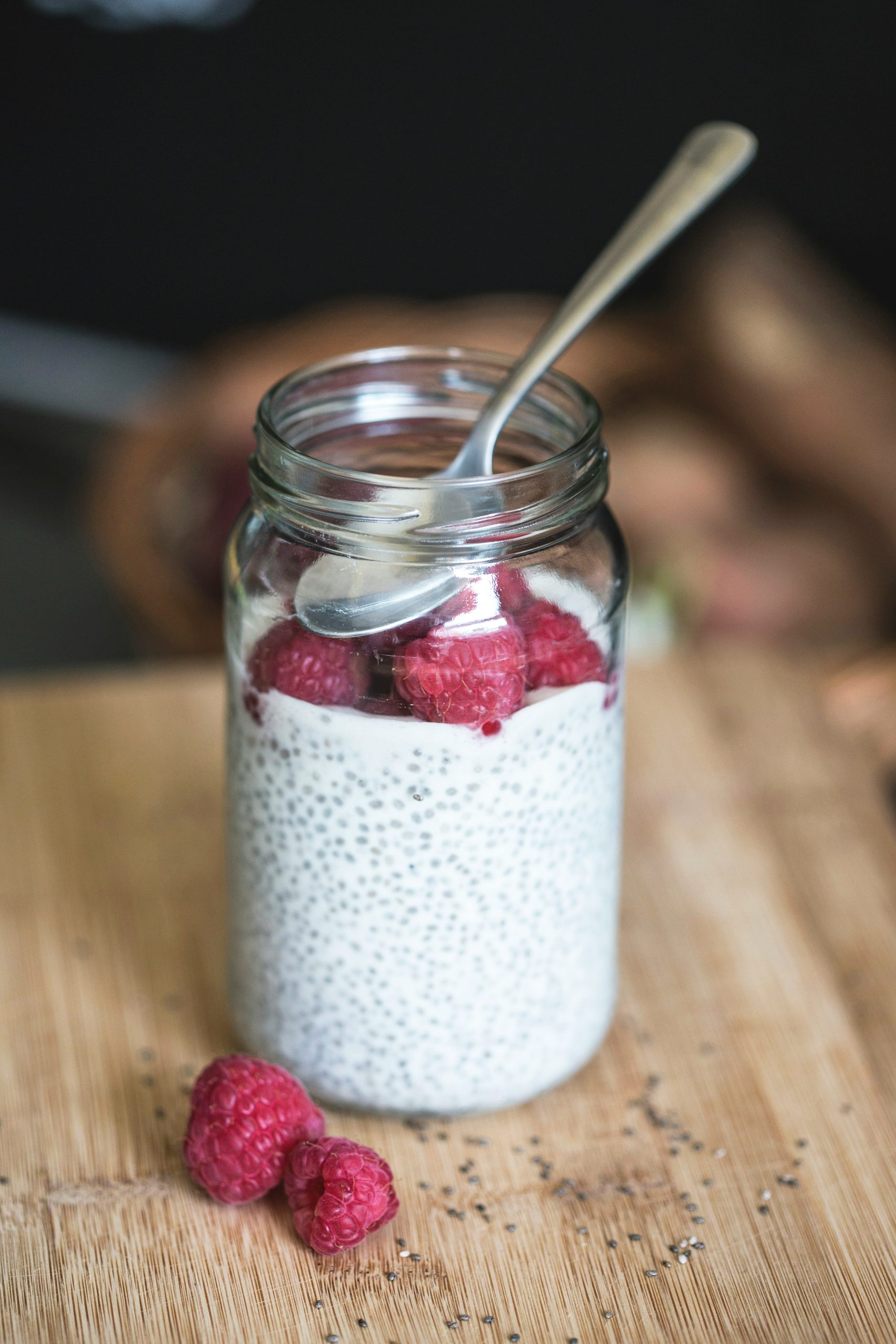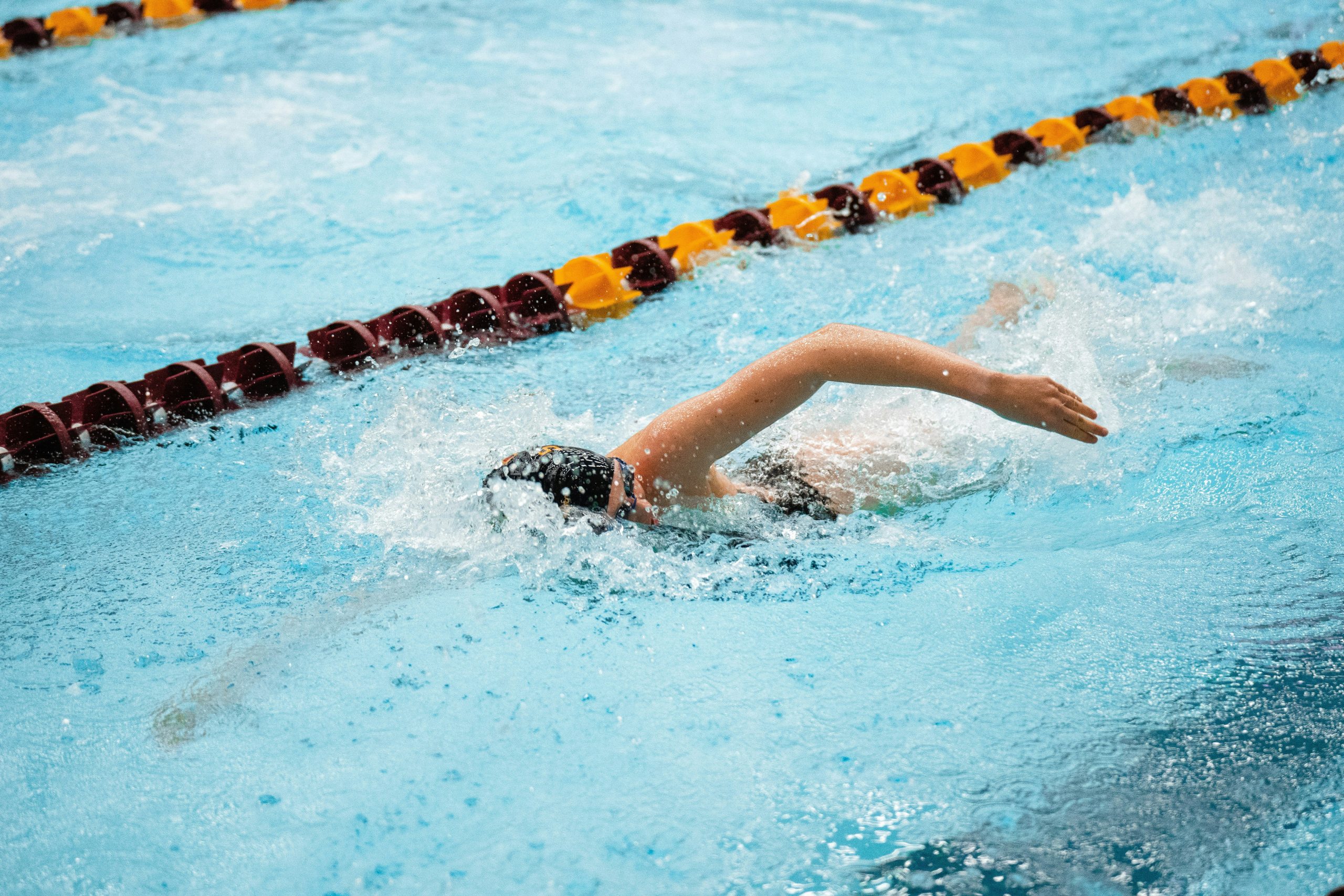
Balancing Nutrition and Performance Secrets of Elite Athletes
Elite athletes are known not only for their physical prowess but also for their meticulous attention to nutrition. Proper nutrition plays a crucial role in enhancing athletic performance, aiding in recovery, and sustaining long-term health. Heres a detailed look at how elite athletes balance their nutritional needs to achieve peak performance.
Understanding the Role of Nutrition in Athletic Performance
Nutrition serves as the foundation for an athletes performance, influencing factors such as endurance, strength, agility, and overall recovery. According to Dr. Jennifer Gibson, a sports nutritionist, “The right balance of nutrients can significantly impact an athlete’s ability to perform at their best.”
Key Nutrients for Athletes
- Carbohydrates: Essential for providing energy during exercise. Athletes often focus on complex carbohydrates like whole grains and fruits.
- Proteins: Crucial for muscle repair and growth. Lean sources such as chicken, fish, beans, and dairy are preferred.
- Fats: Provide concentrated energy and support overall health. Healthy fats from avocados, nuts, and olive oil are staples.
- Vitamins and Minerals: Play a role in energy metabolism, muscle function, and immune health. A varied diet with plenty of fruits and vegetables ensures adequate intake.
- Hydration: Proper fluid intake is vital for maintaining performance and preventing dehydration.
Strategies Used by Elite Athletes
Elite athletes employ several strategies to optimize their nutrition:
Personalized Meal Plans
Each athlete has unique nutritional needs based on their sport, training regimen, and body composition. Personalized meal plans are crafted by registered dietitians to ensure these needs are met.
Timing and Composition of Meals
Timing meals around training sessions is crucial. Athletes often consume a balanced meal containing carbohydrates and proteins before and after workouts to maximize performance and recovery.
Supplementation
Supplements are used selectively to fill nutritional gaps. Common supplements include protein powders, omega-3 fatty acids, and vitamin D, but athletes ensure these are validated by scientific research and adhere to anti-doping regulations.
Case Studies of Successful Athletes
Examples abound of athletes whose performance is enhanced by meticulous nutritional strategies:
Simone Biles
Gymnast Simone Biles credits her balanced diet rich in lean proteins and vegetables for providing the sustained energy needed during training and competitions.
LeBron James
Basketball star LeBron James follows a detailed nutrition plan that includes high-protein meals and strict hydration routines, which he believes contribute to his endurance and recovery.
Conclusion
Elite athletes understand that optimal nutrition is not just about eating the right foods but also about timing and quantity. By prioritizing their nutritional needs with personalized plans and strategic supplementation, they achieve peak performance and sustain long-term health. Aspiring athletes can learn valuable lessons from these practices to enhance their own performance and overall well-being.



